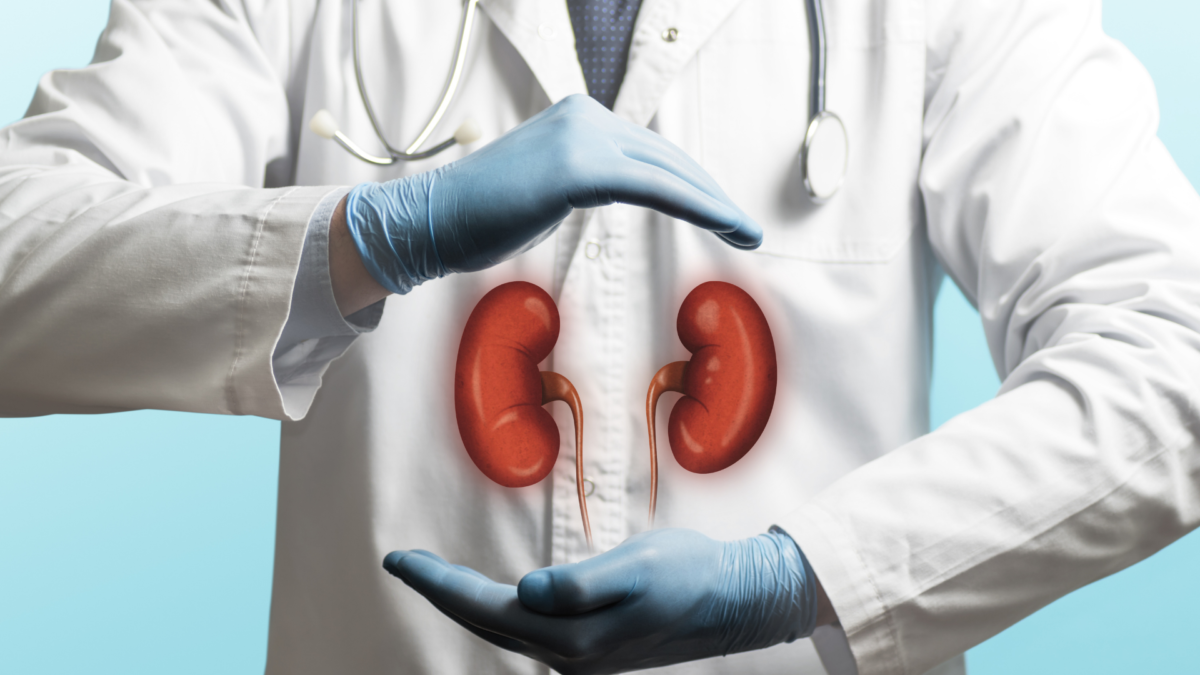Diabetic nephropathy is a serious complication of type 1 diabetes and types 2 diabetes. It’s also called diabetic kidney disease. In the United States, about 1 in 3 people living with diabetes have diabetic nephropathy.
Diabetic nephropathy affects the kidneys’ ability to do their usual work of removing waste products and extra fluid from your body. The best way to prevent or delay diabetic nephropathy is by maintaining a healthy lifestyle and adequately managing your diabetes and high blood pressure.
Over many years, the condition slowly damages your kidneys’ delicate filtering system. Early treatment may prevent or slow the disease’s progress and reduce the chance of complications.
Kidney disease may progress to kidney failure, also called end-stage kidney disease. Kidney failure is a life-threatening condition. At this stage, treatment options are dialysis or a kidney transplant.
What Are the Symptoms of Diabetic Nephropathy?
There are often no symptoms with early diabetic nephropathy. As the kidney function worsens, symptoms may include:
- Swelling of the hands, feet, and face
- Trouble sleeping or concentrating
- Poor appetite
- Nausea
- Weakness
- Itching (end-stage kidney disease) and extremely dry skin
- Drowsiness (end-stage kidney disease)
- Abnormalities in the heart’s regular rhythm, because of increased potassium in the blood
- Muscle twitching
As kidney damage progresses, your kidneys cannot remove the waste from your blood. The waste then builds up in your body and can reach poisonous levels, a condition known as uremia. People with uremia are often confused and occasionally become comatose.
Diabetic nephropathy is a reliable cause of chronic kidney disease and end-stage renal disease (ESRD). In ESRD, the kidneys no longer work well to meet the needs of daily life. ESRD can lead to kidney failure, which can have life-threatening consequences. Our CKS Nephrologists will work with our patients and their families to develop a comprehensive treatment plan that includes dietary counseling, exercise, and medication to improve blood sugar control.
How is diabetic nephropathy treated?
In the early stages of diabetic nephropathy, your treatment plan may include medications to manage the following: Blood pressure control. Medications called angiotensin-converting enzyme (ACE) inhibitors and angiotensin 2 receptor blockers (ARBs) are used to treat high blood pressure. Blood sugar control
Get Diabetic nephropathy treatment at our San Dimas, Covina, Pasadena, Upland & Ontario Clinics. Please call to make an appointment: California Kidney Specialists






